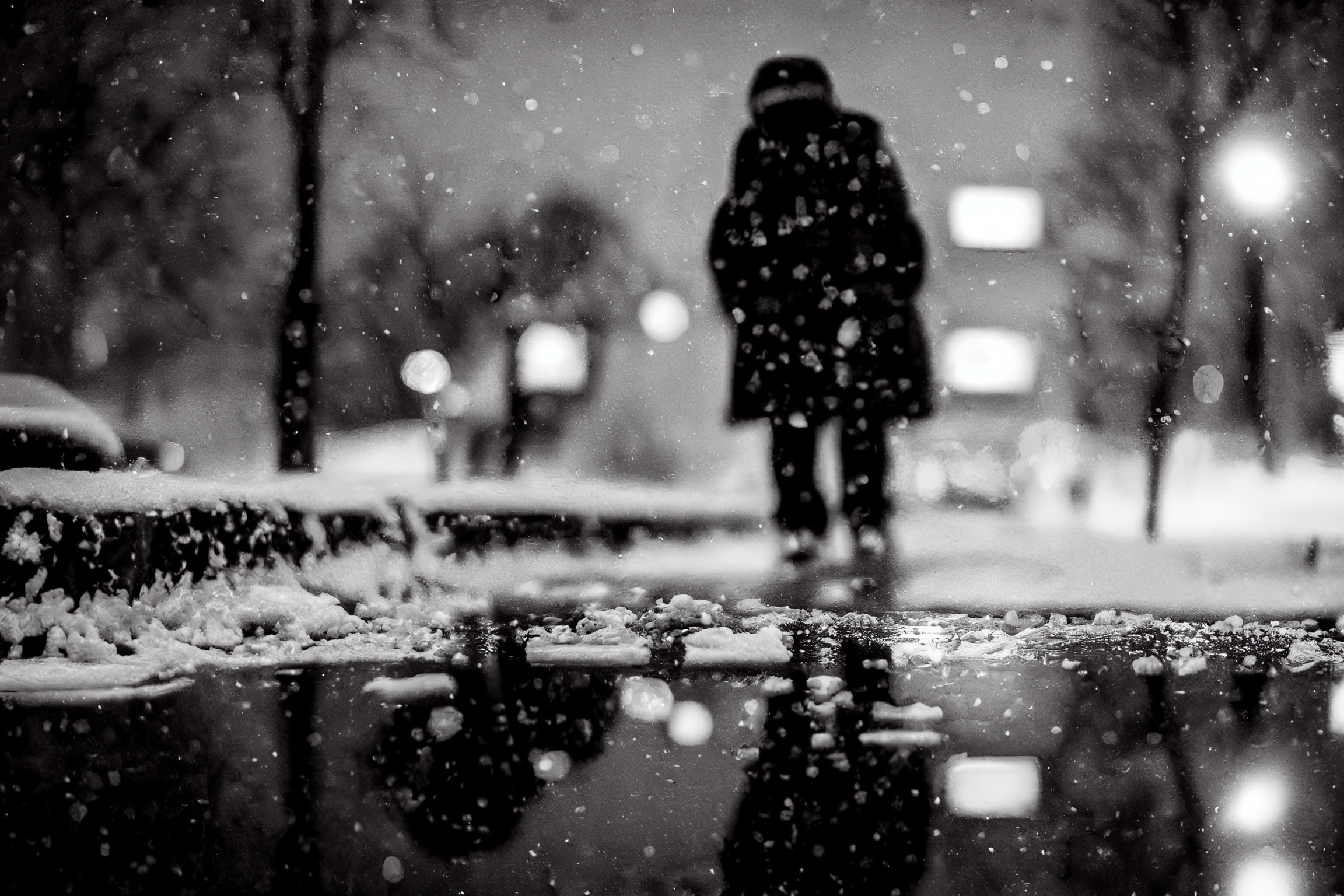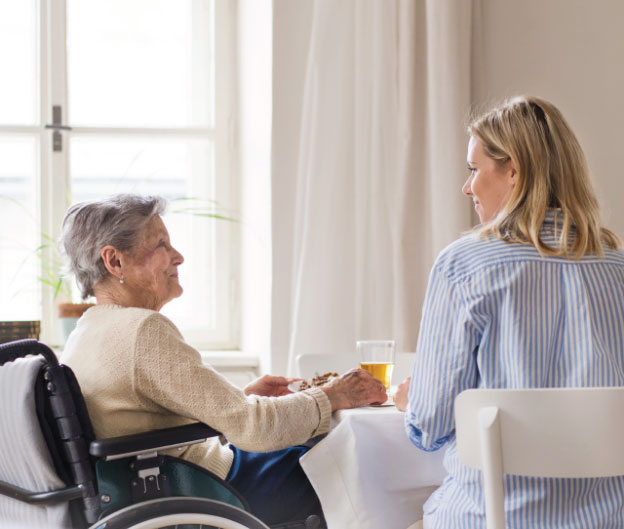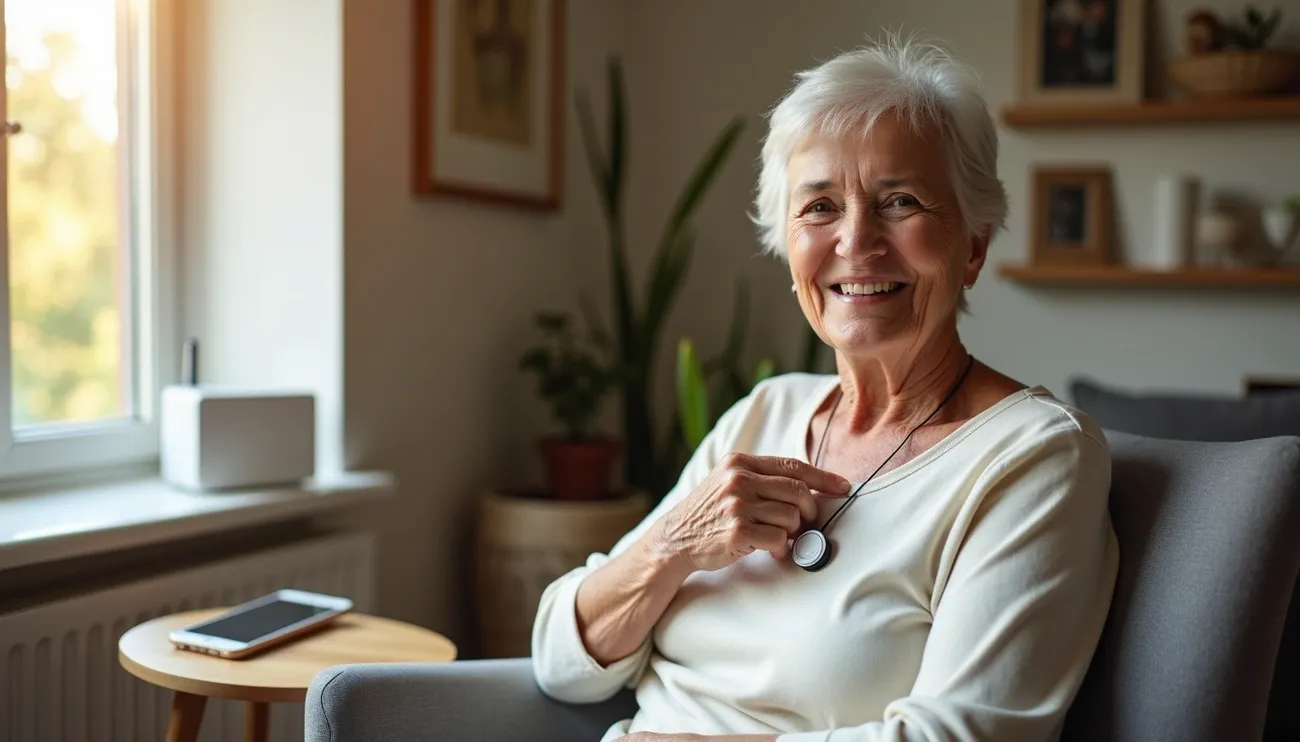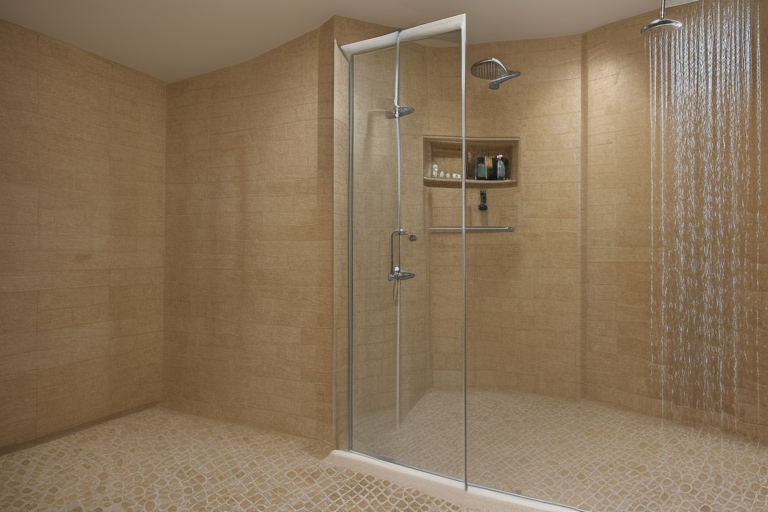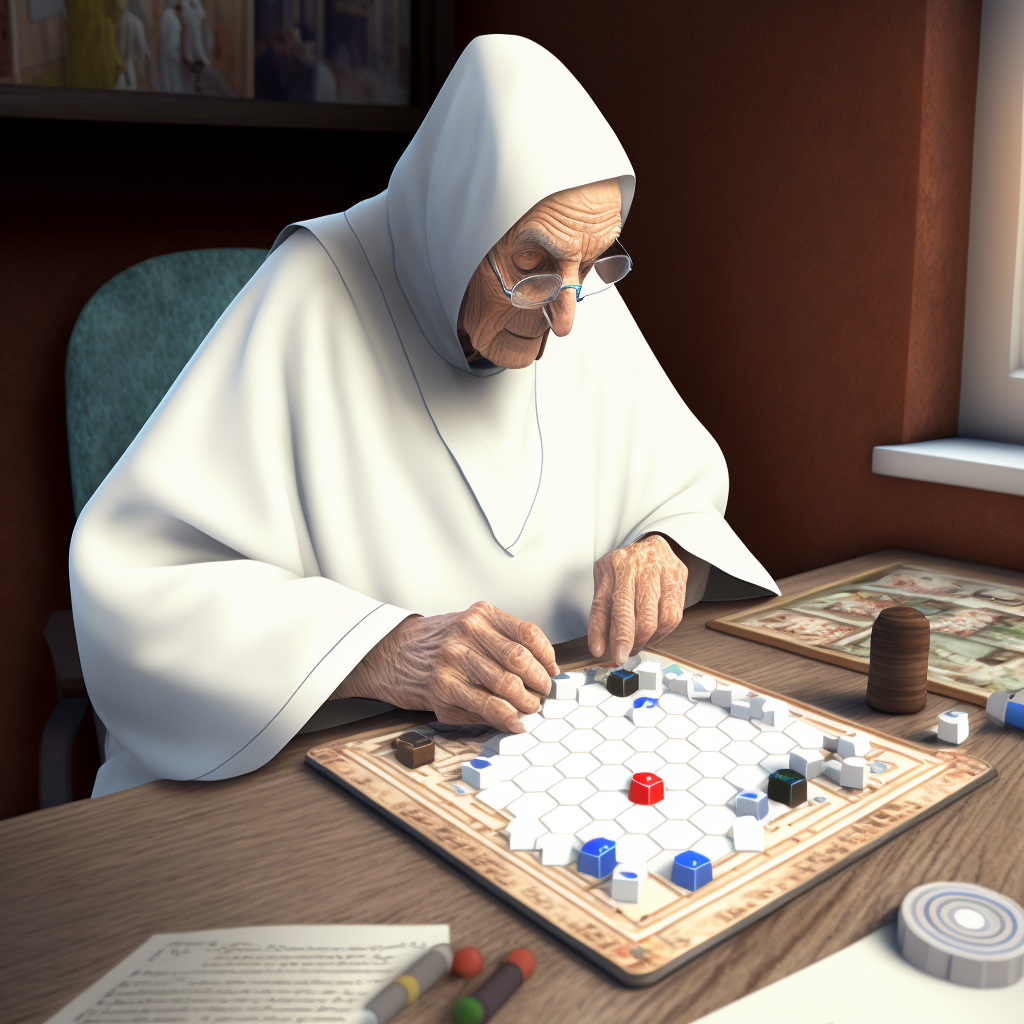Top tips: How to Prevent Your Loved One From Falling
Falling can be a frightening experience for anyone. It’s also one of the most common dangers faced by older adults who struggle to maintain balance and mobility. In fact, over a quarter of all people over 65 years old will fall this year. This is why it’s so important to take the necessary precautions now to help prevent falls later on. Even if you have an aging parent or loved one who has not yet fallen, it’s never too early to think about how you can reduce their chances of falling. Here are some helpful tips for fall prevention for elderly loved ones.
Install Handrails in the Shower and Tub
Handrails should be installed in the shower and tub. If you have an elderly loved one living alone, you might want to consider putting them in as soon as possible. They will allow seniors to safely hold onto something as they get in and out of the tub or shower — and, therefore, reduce the risk of slipping and falling. Plus, they’re relatively easy and quick to install. If your loved one lives in a retirement home or assisted living facility, see if they have handrails installed already. If not, try to talk to the staff about the importance of having them put in.
Ensure There Is Good Lighting Throughout the Home
It’s important to ensure there is good lighting throughout your elderly loved one’s home and that all pathways are well-lit as much as possible. This will help them to better see where they are going when they walk around at night — decreasing the risk of tripping over something and falling. You can also consider installing motion-sensor lights in dark places, such as the backyard or basement, where your loved one often goes. This will not only provide much-needed light in those areas, but also alert them that there is light when they approach.
Talk to a Mobility Expert About Flooring Options
When it comes to flooring, you have a few different options. While they are all effective in reducing the risk of falling, you should discuss the pros and cons of each with a mobility expert before making a decision.
Vinyl
Vinyl is inexpensive and easy to clean. It also provides good traction, which is important for reducing trips and falls. However, it does have a strong smell that some people dislike.
Tile
Tile is another common flooring option for seniors. It’s durable, easy to clean, and provides good traction. Just be sure that you choose a slip-resistant type.
Carpet
While you might assume that carpet is a slip-proof option, it’s actually one of the most dangerous types of flooring. It can easily get caught in the wheels of a walker or wheelchair, which can lead to an accident and falling.
Wood
While wood flooring can be slippery if it’s not properly maintained, it’s usually more slip-resistant than people realize. And, like vinyl, it’s also easy to clean.
Ask Your Elderly Loved One to Test Their Shoes
If you have an elderly loved one who’s active, like a golfer, skater, or dancer, you might notice that they have some pretty high-quality athletic shoes. While these look great on them, they may actually be increasing their risk of falling. Since athletic shoes are designed to provide extra support, they can actually cause your elderly loved one to be more unstable. To help avoid this, have them wear more casual shoes around the house. Ask them to walk, run, and even jump in them to see if they notice a difference in their balance. If they do, they may want to consider switching up their footwear more often.
Reduce tripping hazards
Most falls occur indoors, which means that tripping hazards are often to blame. To help reduce these hazards in your elderly loved one’s home, you can:
Remove rugs
Rugs are nice for decorating and collecting dust, but they also pose a tripping hazard. Instead, replace them with a hardwood or tile floor.
Clean the floors
Dirt and debris on the floor are one of the biggest causes of falls. Vacuuming and sweeping regularly will help to reduce this.
Avoid clutter
You may have some things in your house that you don’t use anymore. While it can be tempting to hold onto these items, it’s important to keep your house clutter-free to avoid falls.
Install ramps and platform lifts
If your elderly loved one lives in a two-story house, it may be difficult for them to navigate the stairs. If this is the case, then it’s a good idea to install a ramp or a platform lift in the front or back of the house, which is a very good option for fall prevention for elderly. But be sure to check with relevant authorities before installing them as they may have specific regulations regarding their installation.
Change up your routine
One of the best ways to help avoid falls is to change up your daily routine. This can be as simple as taking a different route on your way to work or going for a walk in a different part of the neighbourhood. Avoiding the same paths and sidewalks where you may have previously fallen will help to reduce your risk of falling again. If you have an elderly loved one who has already fallen and is in rehabilitation, be sure to talk to their doctor about ways to change up their daily routine to help avoid falling again. They may recommend different exercises to do while they are recovering, or they may suggest avoiding certain activities altogether.
Get a check up by a doctor
Falls are scary, but they are also very common among senior citizens. In fact, almost half of all people over 65 years old will fall at some point in their lives. If your loved one has fallen and is now dealing with some of the common after-effects (like cuts, bruises, and sprains), it’s important to check in with a doctor to make sure everything is healing properly. A doctor can also let you know if there are any other concerns or health issues that need to be addressed. If your loved one has not yet fallen, it’s important to schedule a yearly check up with the doctor. This way, any potential issues can be caught early — before they evolve into something bigger.
Install fall prevention for elderly alarms when your loved one stands up
While you can’t always predict when a fall might happen, there are some fall prevention for elderly alarms that might be able to help. These fall sensors are designed to be placed on the floor near where your loved one normally stands, like their bed or chair. When they stand up, they will trigger the sensor, which will alert someone — usually a family member or caregiver — that they have stood up. This gives you some extra time to be there and help prevent or cushion their fall. Be sure to research these sensors to see which ones are the best and fit your loved one’s needs. They are a great tool to help prevent falls and ensure your loved one stays safe and healthy.
Conclusion : Falls prevention for the elderly
Falls among elderly people are a common occurrence, but they shouldn’t have to be. Elderly people can fall victim to many different hazards throughout their daily lives, and if their home environments aren’t safe, they may fall. Even simple tasks like walking in the house or climbing stairs can become dangerous when there are tripping hazards or poor lighting. It’s important to take the time to ensure that the environments your loved ones inhabit are safe and conducive to living a healthy, happy life.





